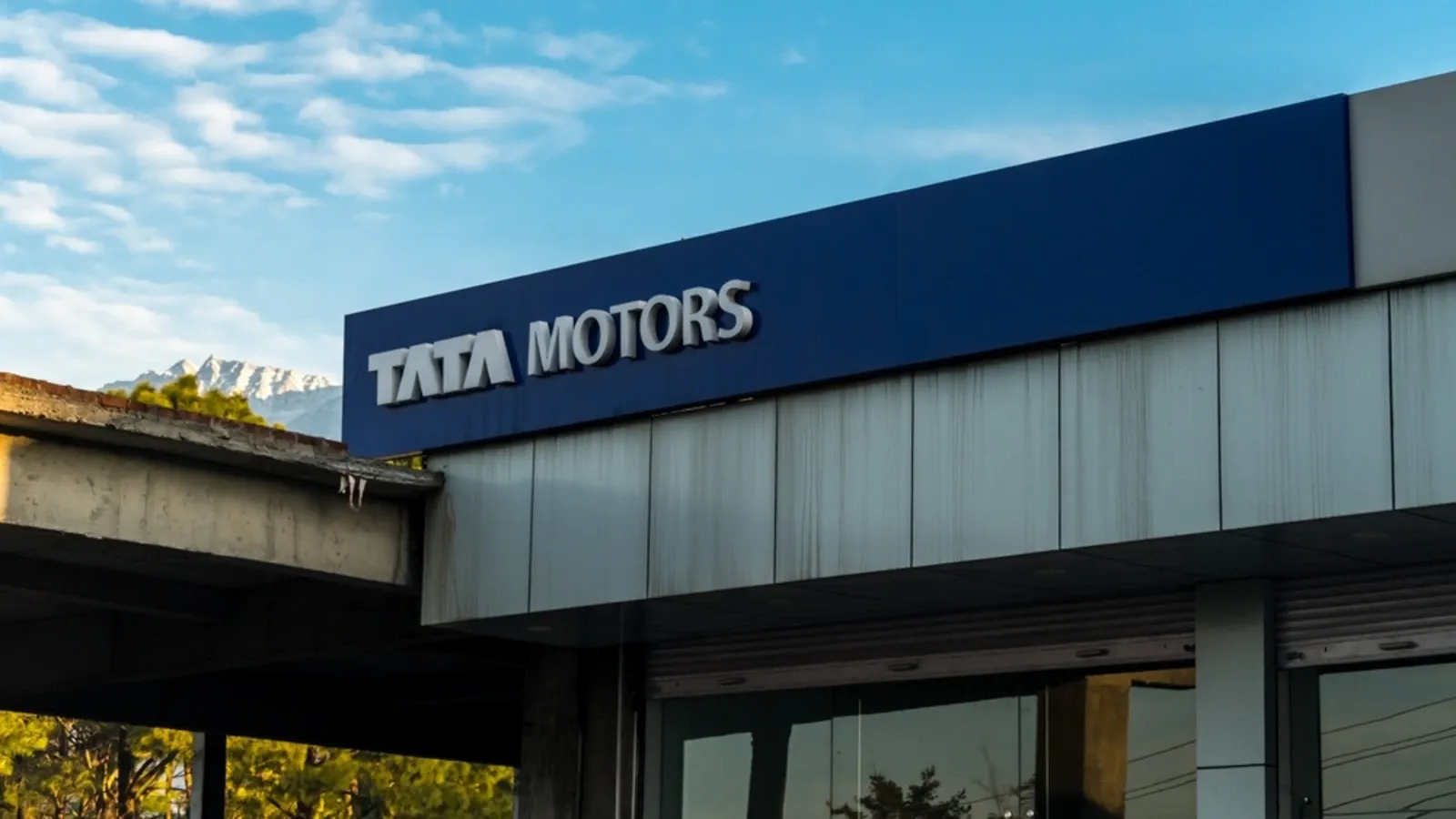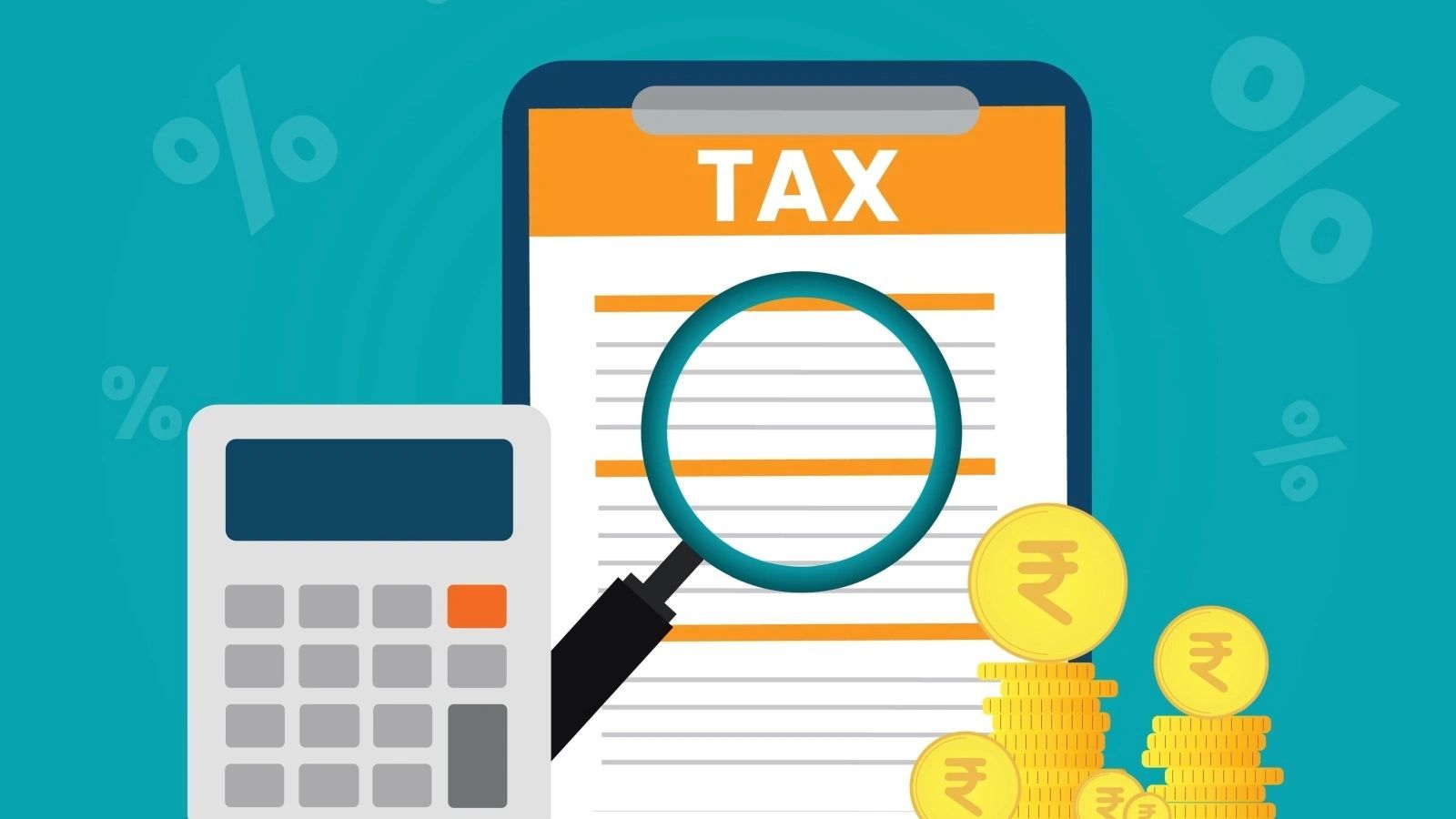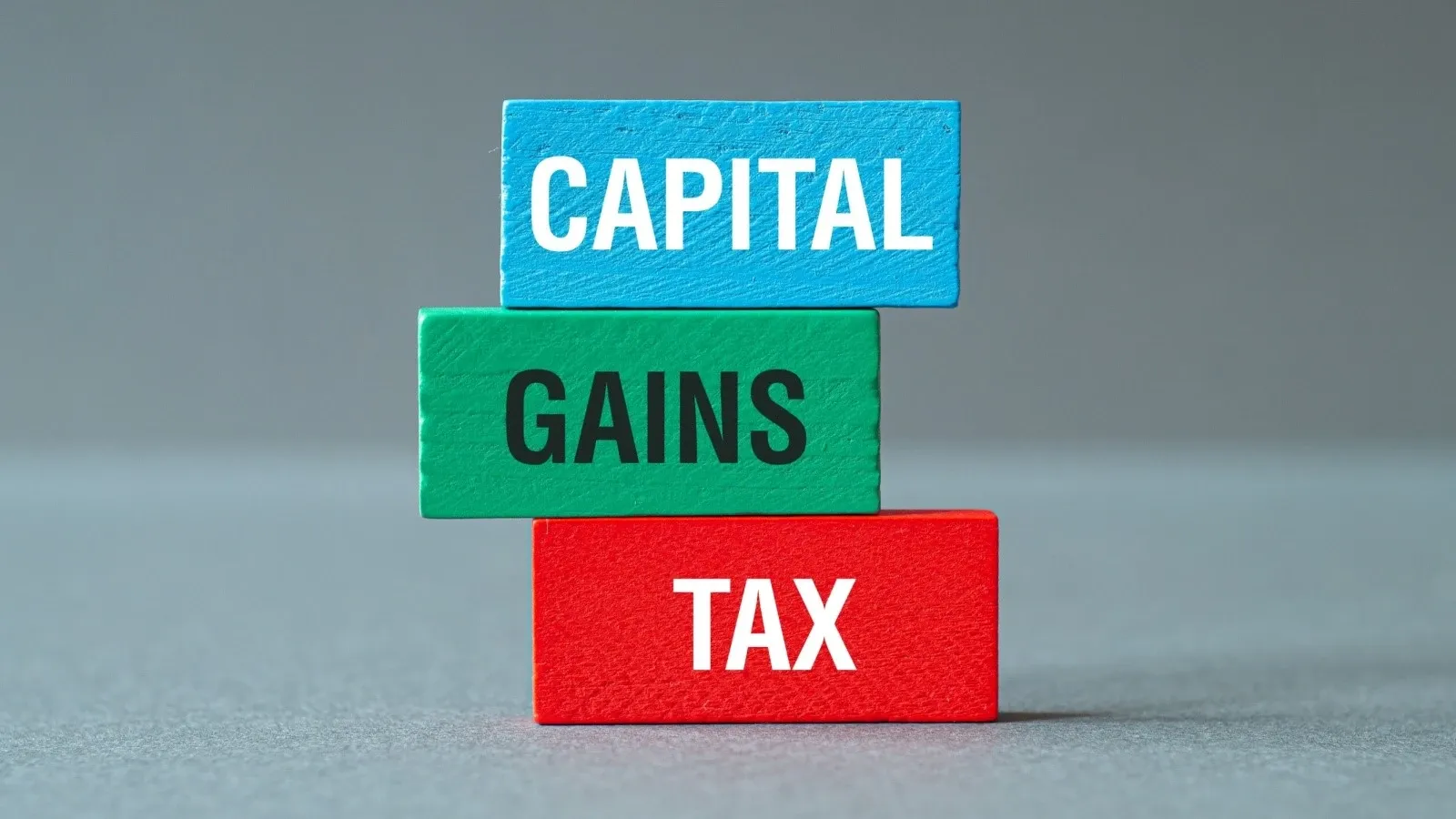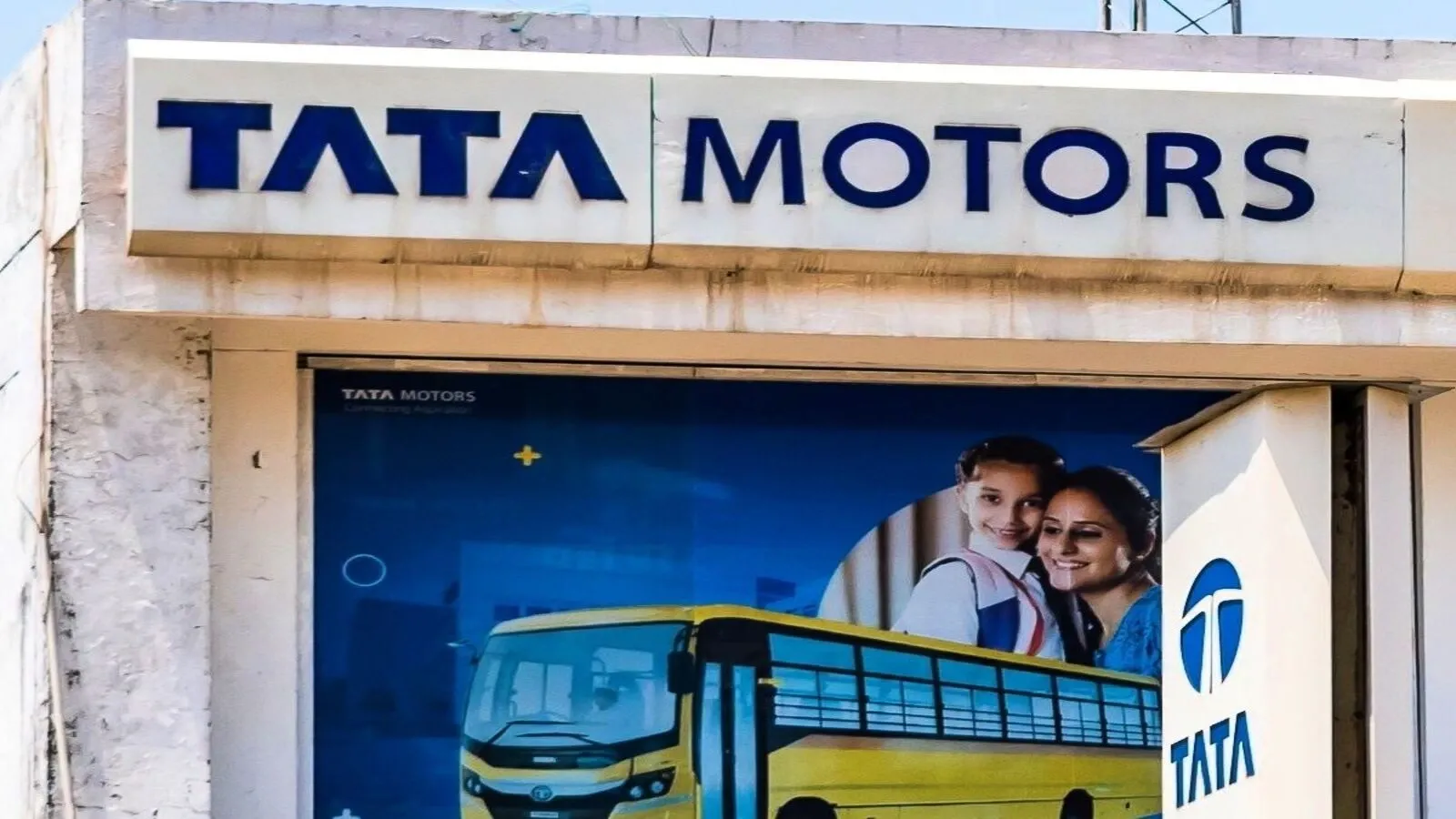Personal Finance News
Tata Motors demerger: How will your shareholdings be affected and taxed?

4 min read | Updated on October 03, 2025, 10:43 IST
SUMMARY
The holding period of the new CV shares will be considered from when you originally bought the Tata Motors shares, and not the demerger date or when the shares are credited into your demat account. This is crucial to see if your gains will be considered short-term or long-term.

Both companies will be independent entities, so they may declare dividends separately.
Tata Motors’ much-awaited demerger into commercial and passenger vehicle entities will come into effect on October 1, 2025.
The automobile major is demerging its commercial vehicle (CV) business into a new company, initially called TML Commercial Vehicles Ltd (TMLCV), and retaining the passenger vehicle, Electric Vehicle (EV) and Jaguar Land Rover (JLR) business in its existing Tata Motors Passenger Vehicles (TMPV) entity.
On March 4, 2024, Tata Motors’ board of directors approved the demerger of the company into two separate listed companies, one for its commercial vehicles business and the other for its passenger vehicles (PV).
So while the company’s commercial vehicle business will be demerged into TMLCV, its existing PV business (including EV and JLR) will be merged into Tata Motors Limited (TML).
After receiving necessary approvals, both TMLCV and TML will be renamed, resulting in two separate entities.
As a part of the demerger, the company had set the share entitlement ratio at 1:1. This means that if you are a Tata Motors shareholder, you will receive one fully paid-up share of Tata Motors Commercial Vehicles Limited (TMLCV) of the same class.
In simple words, for each share of Tata Motors you hold on the record date, you will get one share of the new CV company (TMLCV) fully paid up.
Let’s look into this in detail.
Tata Motors demerger: Tax implications
A demerger is when a company separates its businesses to give them an independent identity and focus, and revise its capital structure. After the demerger, you will hold shares in two separate companies.
The market value of your investment (that you initially made in Tata Motors) will remain roughly the same at the start. Later on, market fluctuations and investor sentiment may cause a shift in the same.
After the demerger, the CV company’s shares will be listed on the exchanges and will trade independently, while the PV company (Tata Motors) will also continue to trade separately. However, remember that it might be renamed.
From this point, the share prices of both companies will change according to the market reaction, and both companies will declare their own dividends.
Here are some tax implications of the demerger:
-
When you receive shares of the new Commercial Vehicles company (TMLCV), it won’t be a transfer of shares, so there will be no immediate capital gains tax at the time of allotment. This is because you are just getting new shares, which don’t have any tax implications on their own.
-
Now, as you will hold shares in two different companies, your original cost of investment (acquisition) will be split into two. This is important as the cost price (purchase price) is relevant for capital gains calculation.
-
The holding period of the new CV shares will be considered from when you originally bought the Tata Motors shares, and not the demerger date or when the shares are credited into your demat account. This is crucial to see if your gains will be considered short-term or long-term.
-
The tax will be applicable when you sell shares. Long-Term Capital Gains (LTCG) from equity shares above ₹1.25 lakh are taxed at 12.5% under Section 112A of the Income Tax Act, 1961. Additionally, Short-Term Capital Gains (STCG) on the sale of listed equity shares before 1 year are taxed at 20% under Section 111A.
- Both companies will be independent entities, so they may declare dividends separately. The dividend is taxed at the slab rates applicable for the relevant financial year. Further, if the dividend credited into your account is above ₹10,000 in a financial year, tax deducted at source (TDS) will be applicable at 10%.
This means that getting new shares isn’t a special tax event. The only important thing is that the original cost at which you bought the shares will be split between the two companies as per the ratio. Tax will be applicable only when you sell shares, as per the normal rules.
Related News
By signing up you agree to Upstox’s Terms & Conditions
About The Author
Next Story




